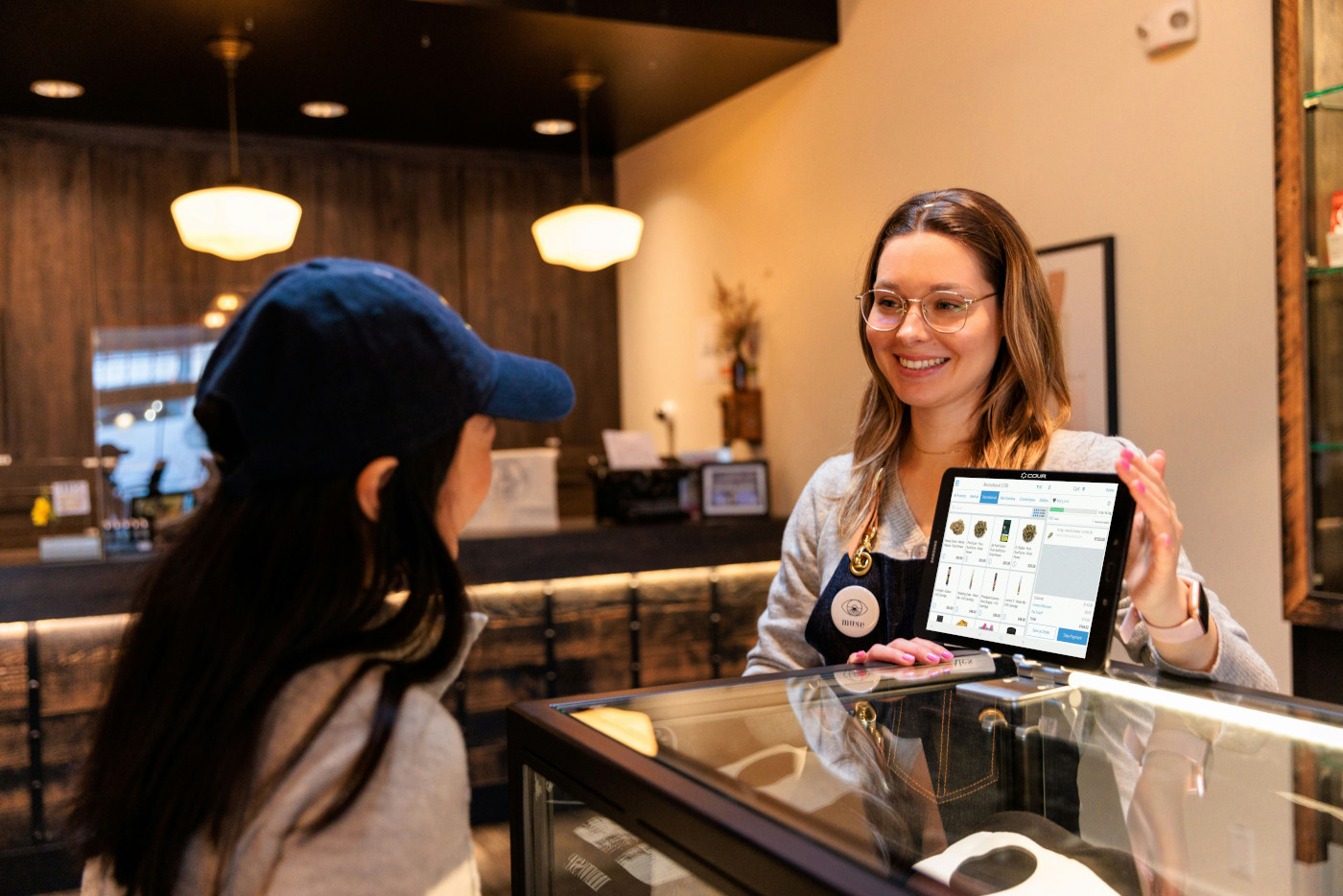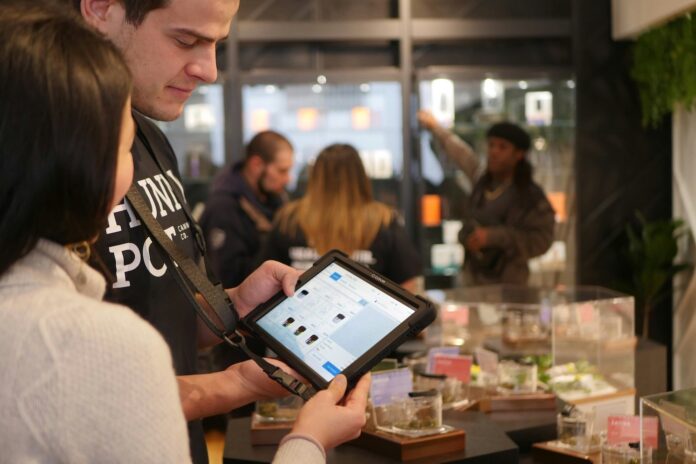Of the technology considered essential in cannabis retail environments, point-of-sale (POS) systems arguably are the most vital. After all, they not only allow accurate, efficient financial transactions but also play a crucial role in compliance and often contribute to inventory management. A POS outage represents a critical failure that could harm a business’s standing with consumers and regulators.
That’s why incorporating a reliable system is imperative for retail success. For eight years, Cova POS has focused on reliability, always innovating but never losing sight of the most important feature: uptime.
In today’s digital world, operators sometimes are at the mercy of forces beyond their control. For example, internet outages can wreak havoc on POS platforms, most of which require a connection to the cloud for data storage — and sometimes to function at all. If your internet provider suffered a hiccup, would you be able to conduct business as usual? Could you ensure compliance was maintained? Cova incorporates failsafe mechanisms to keep businesses online even if their internet connection fails.
“Cova stores all the information required to make a sale on the retailer’s POS tablet, and then when the sale is made, we keep a copy of the sale on the tablet until we know it’s been stored by our cloud services,” founder and Chief Executive Officer Gary Cohen said. “In effect, this protects the retailer against service disruptions, because the sale is preserved locally.”

“Since Cova started in 2017, at least one major POS system has crashed on 4/20 every year,” said Faai Steuer, vice president of marketing at Cova. “In recent years, one leading POS crashed three years in a row. This year, a retailer reported a five-hour outage, during which compliant transactions couldn’t be made, forcing stores to use pen and paper [to record transactions]. One retailer estimated losing $80,000 in sales in one day.”
Cannabis retailers typically see their heaviest traffic on 4/20 and around the major holidays that also goose traditional retail. Many cannacurious consumers visit dispensaries for the first time during these periods, giving retailers an opportunity to create enduring customers … as long as their store is performing at its peak.
“If your first experience at any retail store is bad, you aren’t likely to go back,” Cohen said. “Because of local laws, dispensaries are usually prohibited from being in close proximity to each other. Therefore, if you have to walk out, you can’t just walk to another dispensary. You’ll need to get back in your car and find the next closest location.”
In other words, what might be a minor inconvenience in another industry represents a major snafu for cannabis merchants. Cova intends to help merchants avoid that embarrassing fate (not to mention the corresponding loss of revenue).
Although the company provides innovative services and has one of the best reliability records in the industry, Cova intentionally has remained smaller than its competitors. Both Cohen and Steuer believe declining to be overly reliant on outside investment has allowed the company to grow at a measured rate while keeping its attention in the right place.

“Having fewer investors allows us to focus on our customers, who are retailers, rather than on investors,” Steuer said. “When prioritizing investors, short-term metrics must be met, which can lead to risky decisions and excessive spending to buy market share. Instead, Cova believes in building a solid product and foundation for sustainable growth.
“We recently had five or six customers who left us for competitors offering bundled products — POS, e-commerce, and payment — at a low price,” she added. “However, they returned because the other POS companies over-promised and under-delivered on their capabilities.”
That’s a powerful testimonial but, after all, Cova’s “always on” promise is hard to beat.












